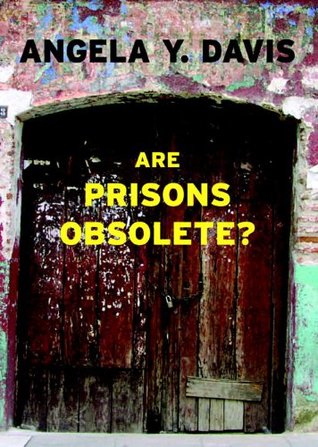More on this book
Community
Kindle Notes & Highlights
Read between
November 1 - November 10, 2024
Short of major wars, mass incarceration has been the most thoroughly implemented government social program of our time.”
Slavery, lynching, and segregation are certainly compelling examples of social institutions that, like the prison, were once considered to be as everlasting as the sun.
What societal interest is served by prisoners who remain illiterate? What social benefit is there in ignorance? How are people corrected while imprisoned if their education is outlawed? Who profits (other than the prison establishment itself) from stupid prisoners?
The transformation of imprisoned bodies—and they are in their majority bodies of color—into sources of profit who consume and also often produce all kinds of commodities, devours public funds, which might otherwise be available for social programs such as education, housing, childcare, recreation, and drug programs.
Despite the important gains of antiracist social movements over the last half century, racism hides from view within institutional structures, and its most reliable refuge is the prison system.
Second, the only full alternative is building the kind of society that does not need prisons: A decent redistribution of power and income so as to put out the hidden fire of burning envy that now flames up in crimes of property—both burglary by the poor and embezzlement by the affluent. And a decent sense of community that can support, reintegrate and truly rehabilitate those who suddenly become filled with fury or despair, and that can face them not as objects—‘criminals’—but as people who have committed illegal acts, as have almost all of us.”
Thus, the prison industrial complex is much more than the sum of all the jails and prisons in this country. It is a set of symbiotic relationships among correctional communities, transnational corporations, media conglomerates, guards’ unions, and legislative and court agendas.
To reiterate, rather than try to imagine one single alternative to the existing system of incarceration, we might envision an array of alternatives that will require radical transformations of many aspects of our society.
Alternatives that fail to address racism, male dominance, homophobia, class bias, and other structures of domination will not, in the final analysis, lead to decarceration and will not advance the goal of abolition.


